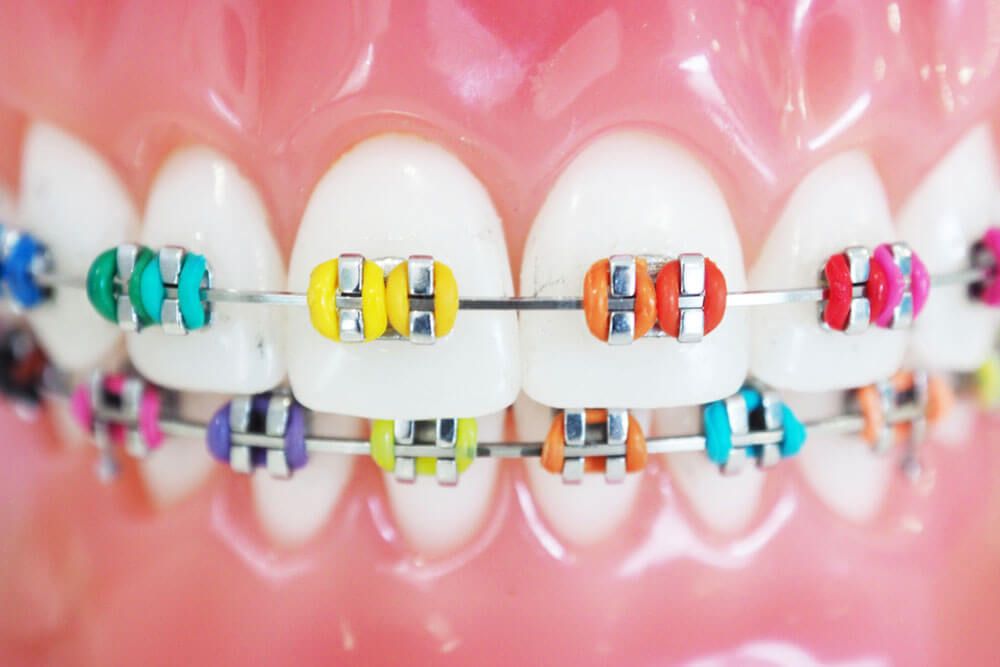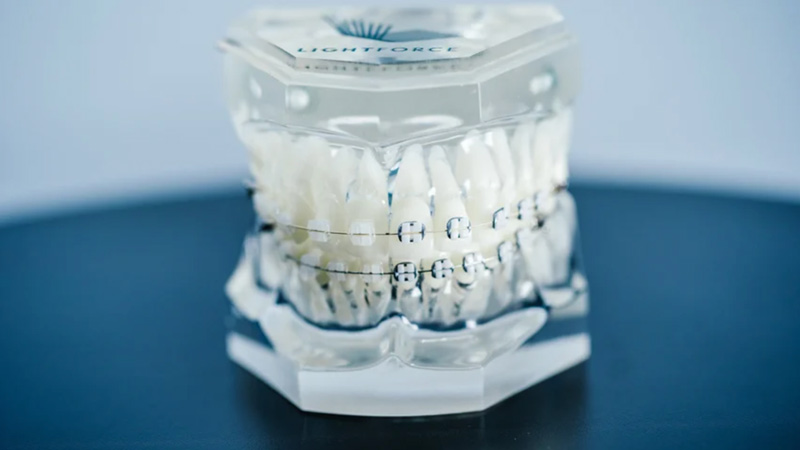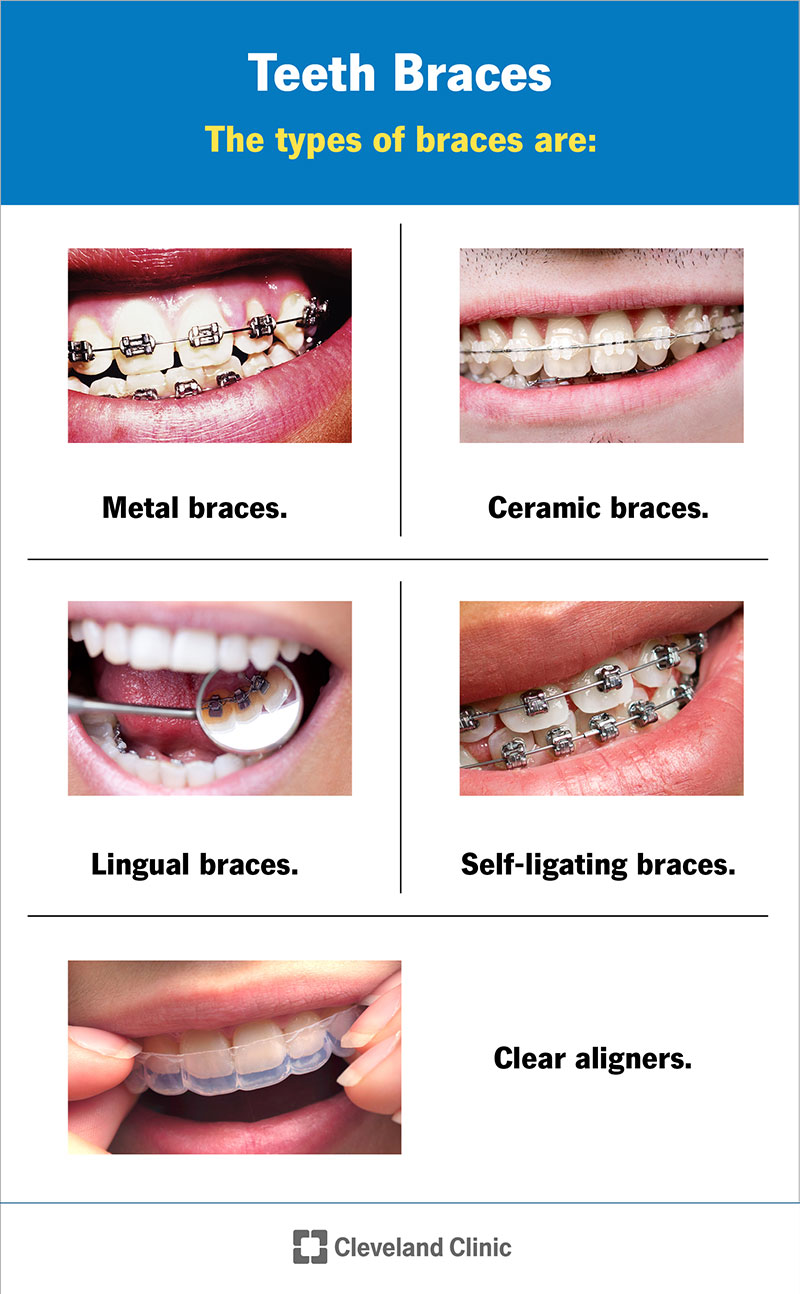Comprehensive Overview to Orthodontics Treatments for Dealing With Oral Misalignments
In the world of orthodontics, the trip to attaining a flawlessly lined up smile includes a myriad of procedures customized to deal with dental misalignments. From traditional braces to invisible aligners and even surgical options, the field of orthodontics offers a range of remedies to deal with varying degrees of oral irregularities. Understanding the intricacies of each treatment, including their mechanisms, benefits, and potential disadvantages, is essential in making informed decisions about one's orthodontic therapy. As we navigate with the thorough overview to orthodontic procedures for fixing dental imbalances, the intricate details of each technique will unfold, clarifying the course toward a unified and useful dental placement.
Orthodontic Procedures Summary

Regular adjustments and monitoring are critical parts of orthodontic treatment to make certain progression is on track and to make any necessary adjustments along the way. By undergoing orthodontic procedures, individuals can not just accomplish a straighter smile but also boost their total oral health and feature.
Conventional Dental Braces: Just How They Work
When thinking about orthodontic therapies for dental imbalances, conventional braces stand out as a time-tested approach for remedying teeth placing. Traditional braces consist of braces, cords, and bands that work together to apply constant pressure on the teeth, progressively relocating them right into the wanted alignment.
As pressure is applied to the teeth through the dental braces, the bone surrounding the teeth is reshaped to sustain the brand-new tooth placements. Patients will require routine modifications at the orthodontist's office to ensure the braces proceed to apply the right stress for effective teeth motion.
Invisible Aligners: Pros and Disadvantages
These clear, custom-made trays are virtually unnoticeable when used, making them an appealing alternative for individuals looking for a more visually pleasing orthodontic therapy. People can eliminate the aligners before consuming or brushing their teeth, minimizing the danger of food getting stuck in the device and simplifying the cleansing procedure.

Surgical Orthodontic Options
Surgical interventions in orthodontics existing viable alternatives for attending to intricate dental imbalances that may not be successfully dealt with via traditional orthodontic treatments. While standard braces and unnoticeable aligners can correct several orthodontic issues, particular instances need medical intervention to attain optimum results. Surgical orthodontic alternatives are normally recommended for extreme malocclusions, significant jaw disparities, and situations where the underlying bone structure requires modification to attain proper positioning.
One usual surgical orthodontic procedure is orthognathic surgical procedure, which involves rearranging the jaws to fix functional problems such as difficulty chewing or talking. This surgical treatment is typically executed in cooperation with an orthodontist that helps align the teeth before and after the procedure. Surgical orthodontics may likewise include procedures to expose affected teeth, get rid of excess gum cells, or improve the jawbone to produce a much more unified facial profile.
Before thinking about medical orthodontic options, clients go through a detailed examination to establish the need and possible advantages of such interventions. orthodontics. While surgical treatment may appear challenging, it can substantially boost both the feature and aesthetics of the smile top article in situations where traditional orthodontic treatments fall short
Retainers and Post-Treatment Care

Post-treatment care involves following the orthodontist's guidelines vigilantly. This may consist of correct oral hygiene methods, going to follow-up appointments, and putting on the retainers as suggested. Failure to adhere to post-treatment care directions can lead to regression, where the teeth slowly relocate back towards their original positions. Consistent retainer wear, good dental health, and routine oral examinations are vital for keeping the results achieved via orthodontic surgical treatment and ensuring the long-term security of the dealt with dental positioning.
Verdict
Finally, here orthodontic procedures use numerous alternatives for dealing with dental imbalances. Conventional dental braces make use of metal brackets and cords to move teeth right into proper alignment. Undetectable aligners give an even more very discreet choice but may not appropriate for all instances. Surgical orthodontic options are readily available for more serious imbalances. here Retainers are frequently made use of post-treatment to preserve the brand-new alignment. Generally, orthodontic treatments can successfully enhance oral health and wellness and aesthetic look.
As we navigate through the detailed guide to orthodontic treatments for remedying dental imbalances, the complex details of each method will unfold, dropping light on the course towards a harmonious and functional dental positioning. - cumming aligners
One of the most typical orthodontic treatments is the usage of dental braces, which are composed of metal brackets and wires that apply mild stress to slowly change teeth right into the wanted setting.When considering orthodontic treatments for dental misalignments, standard braces stand out as a time-tested method for correcting teeth positioning. Additionally, invisible aligners may not be suitable for complicated orthodontic concerns that require even more significant teeth motion, as they are commonly recommended for moderate to moderate cases. Retainers are personalized orthodontic devices designed to hold teeth in their dealt with settings after the conclusion of orthodontic treatment.
Comments on “The Benefits of Choosing a Cumming Orthodontist for Your Braces and Aligners”